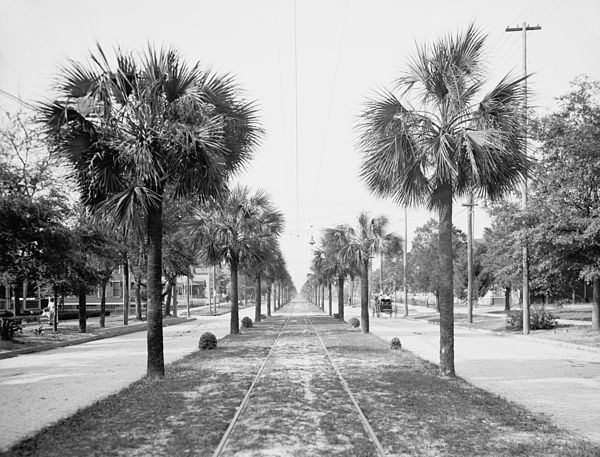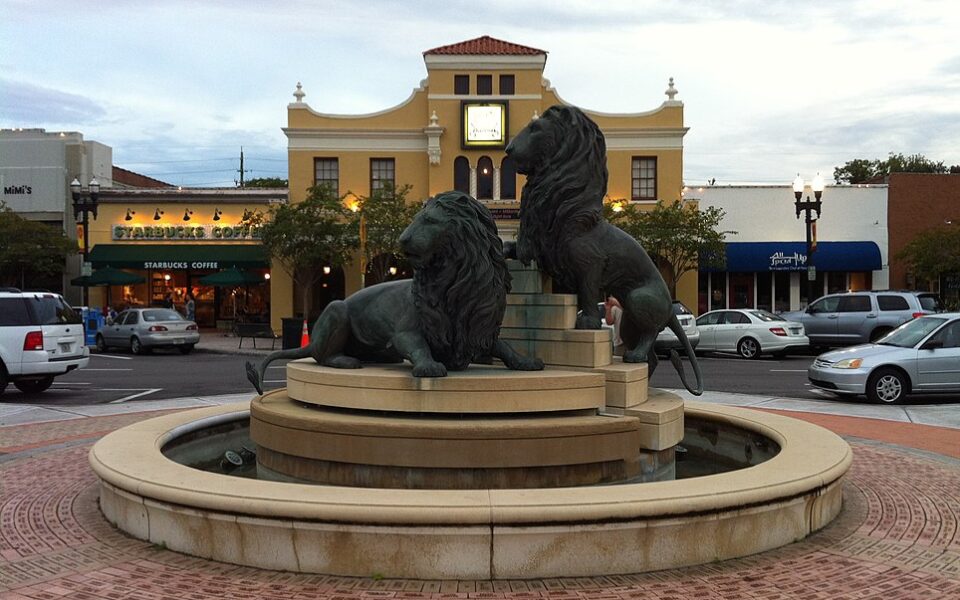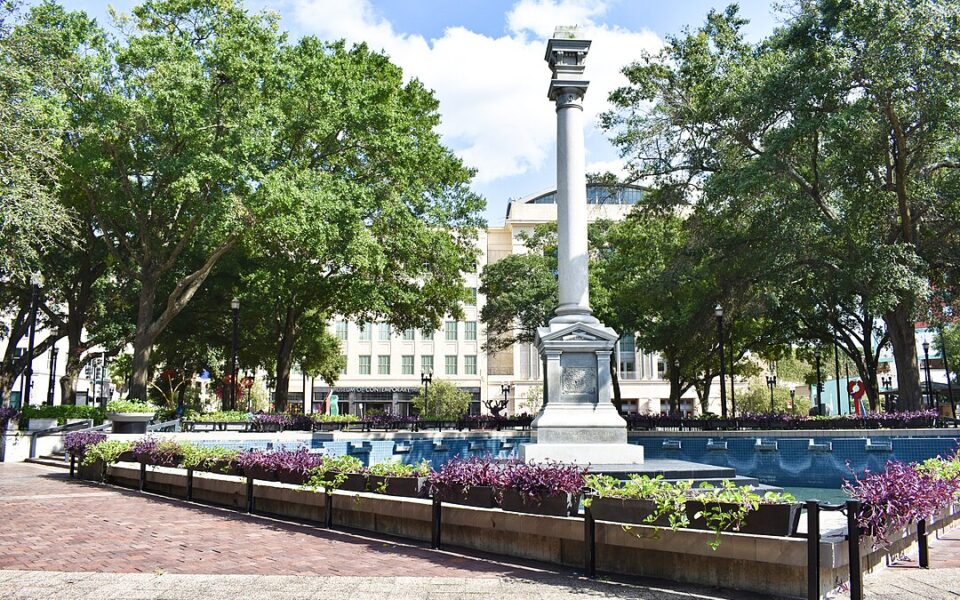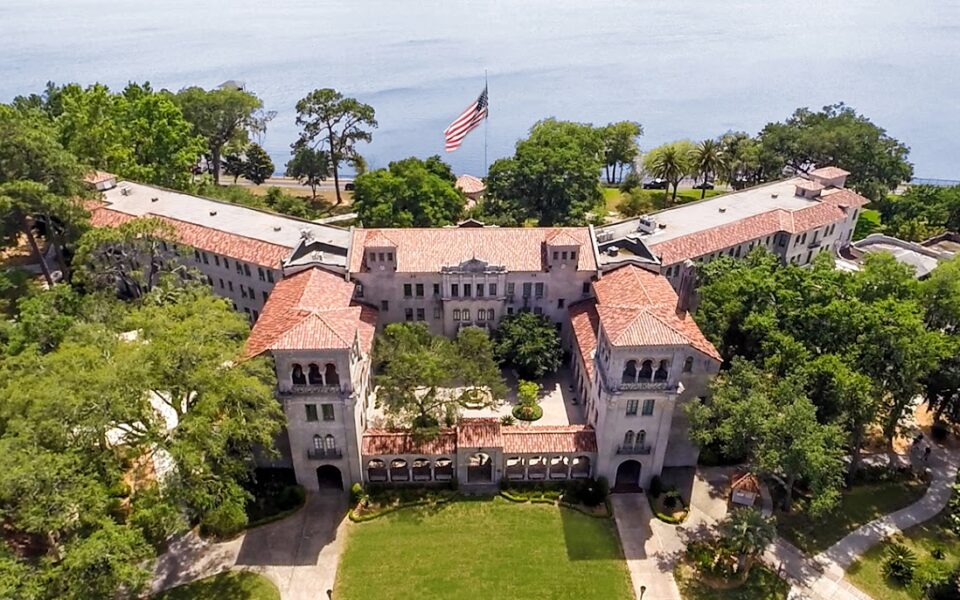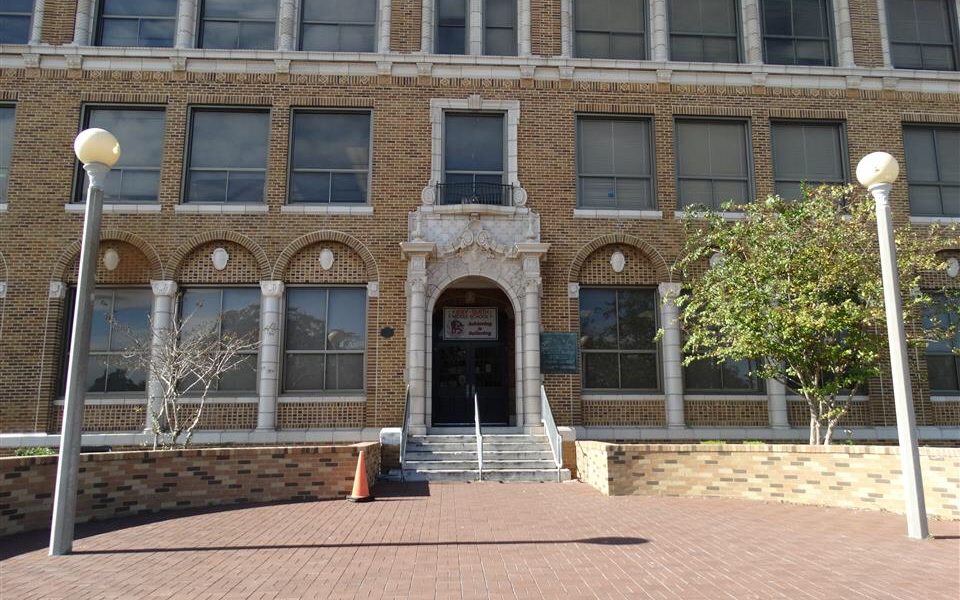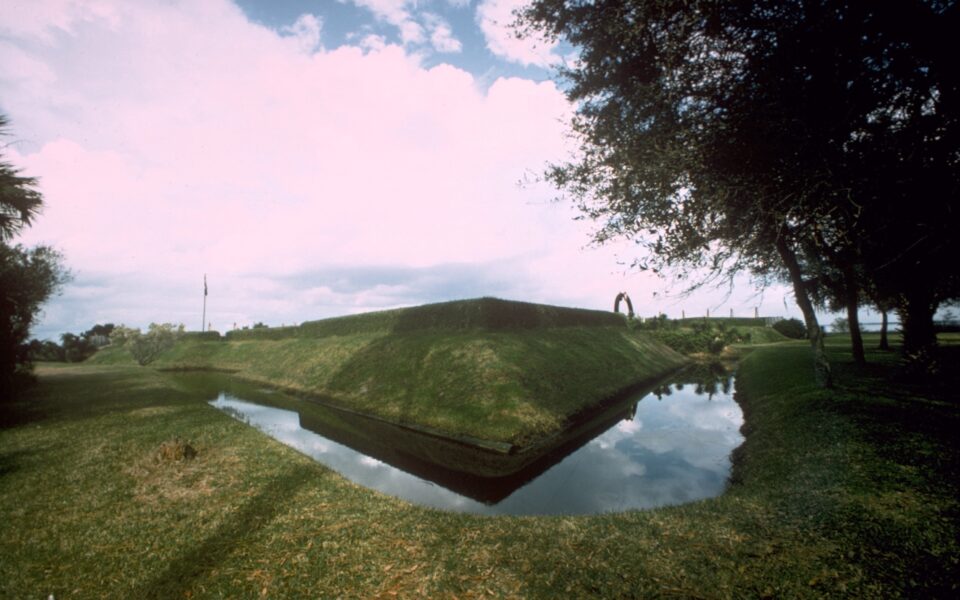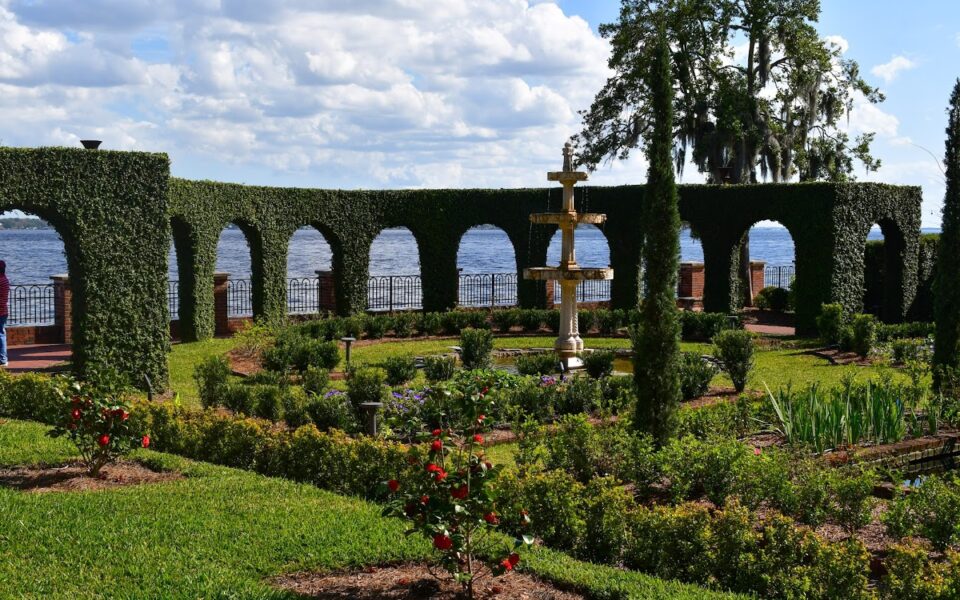
Unlocking the Benefits of Medicare Plan G: Your Comprehensive Guide to Coverage, Costs, and Enrollment
January 27, 2024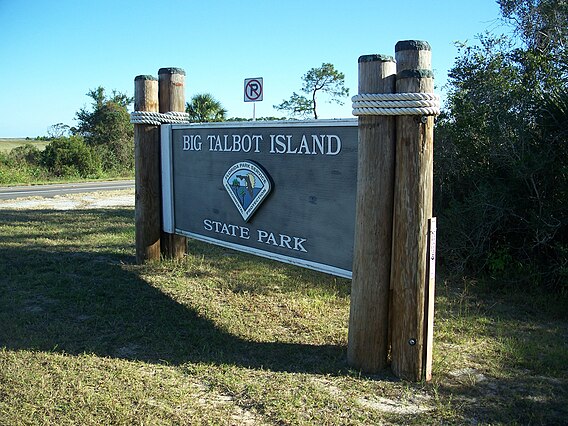
The Top Parks in Jacksonville, Florida
January 29, 2024Nestled in the northeastern corner of Florida, Jacksonville’s story is a rich tapestry woven with threads of history, culture, and relentless transformation. This sprawling city, known for its picturesque riverfront and lush landscapes, boasts a history as vibrant and diverse as its present-day populace.
Beginnings: The Native American Era
Before European settlers set foot on this land, the area now known as Jacksonville was home to the Timucua people. These Native Americans had a flourishing culture, with intricate social structures and a deep connection to the natural world. Their presence, dating back thousands of years, set the foundational cultural and environmental tone for the region.
European Exploration and Colonial Rivalries
The European chapter of Jacksonville’s history began with the arrival of French explorer Jean Ribault in 1562. Ribault, enchanted by the majestic St. Johns River, claimed the area for France, naming it Fort Caroline. This short-lived French presence was soon challenged by the Spanish, led by Pedro Menéndez de Avilés, who established the settlement of St. Augustine in 1565, just a few miles to the south.
The Spanish conquest marked the beginning of a tumultuous period. The area changed hands multiple times, reflecting the broader geopolitical dynamics between Spain, France, and later, Britain. The British influence, in particular, was significant, introducing the English language and Anglican religion to the region.
The Birth of Jacksonville
After Florida became a United States territory in 1821, the town of Jacksonville was officially established in 1822. Named after Andrew Jackson, the first military governor of the Florida Territory and future President of the United States, the city began to grow steadily.
Jacksonville’s location along the St. Johns River proved advantageous for trade and transportation. The city became a hub for shipping, lumber, and the export of agricultural products, laying the groundwork for its future economic development.
The Civil War and Reconstruction
The Civil War era was a turning point for Jacksonville. The city’s strategic location made it a site of contention and it changed hands several times during the war. Post-war Reconstruction brought significant changes, including the emancipation of enslaved African Americans, who played a crucial role in shaping the city’s post-war economy and culture.
The Great Fire of 1901
One of the most defining moments in Jacksonville’s history occurred on May 3, 1901. A catastrophic fire, reportedly started from a simple kitchen incident, swept through the city, destroying over 2,000 buildings and leaving thousands homeless. This tragedy, however, became a catalyst for rebirth. The city was rebuilt with more modern, fire-resistant materials, leading to a boom in architecture and urban development.
The 20th Century: Growth and Transformation
The 20th century witnessed Jacksonville’s transformation into a bustling metropolis. The city’s economy diversified, embracing banking, insurance, healthcare, and the military. During World War II, Jacksonville’s naval base played a crucial role in the Atlantic theater.
The latter half of the century saw the city grappling with issues of civil rights and integration, reflecting the broader national struggle for equality. The African American community in Jacksonville, with its rich cultural and historical roots, was instrumental in these movements, advocating for social justice and equal rights.
Consolidation and Modern Development
A significant moment in recent history was the consolidation of Jacksonville with Duval County in 1968. This merger created one of the largest cities in land area in the United States and streamlined government, fostering more effective urban planning and development.
Today, Jacksonville is a vibrant mosaic of cultures and histories. Its beaches, art scene, and burgeoning technology sector make it a unique destination in Florida. The city’s sports teams, music festivals, and historical landmarks, like the Kingsley Plantation and the Cummer Museum of Art and Gardens, continue to celebrate its diverse heritage.
Conclusion
Jacksonville, Florida journey through time is a narrative of resilience, reinvention, and continuous growth. From its early Native American roots to its present-day status as a dynamic urban center, Jacksonville stands as a testament to the enduring spirit of its people and the rich history that shapes its identity.
In the end, the story of Jacksonville is not just about the events and transformations it has witnessed. It’s about the people who have lived, worked, and dreamed here – each adding their unique thread to the rich tapestry that is Jacksonville, Florida.

